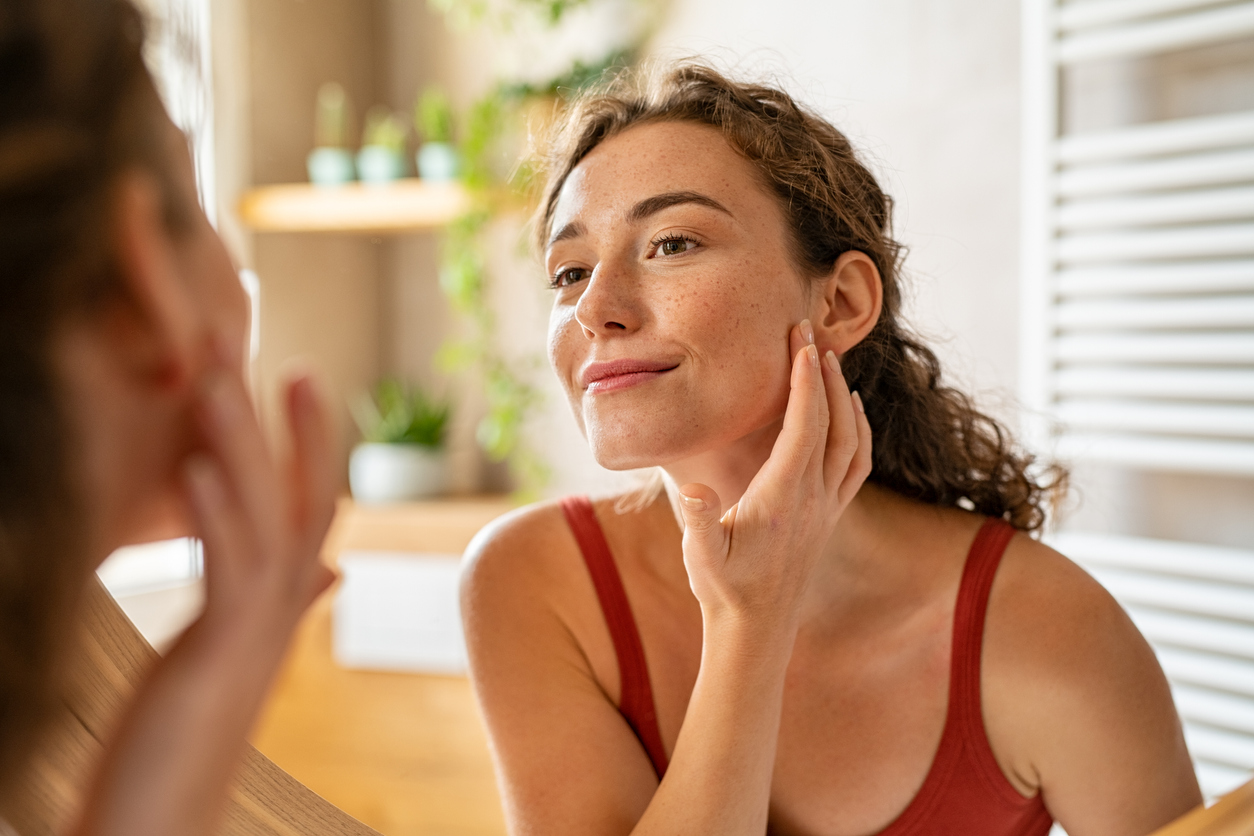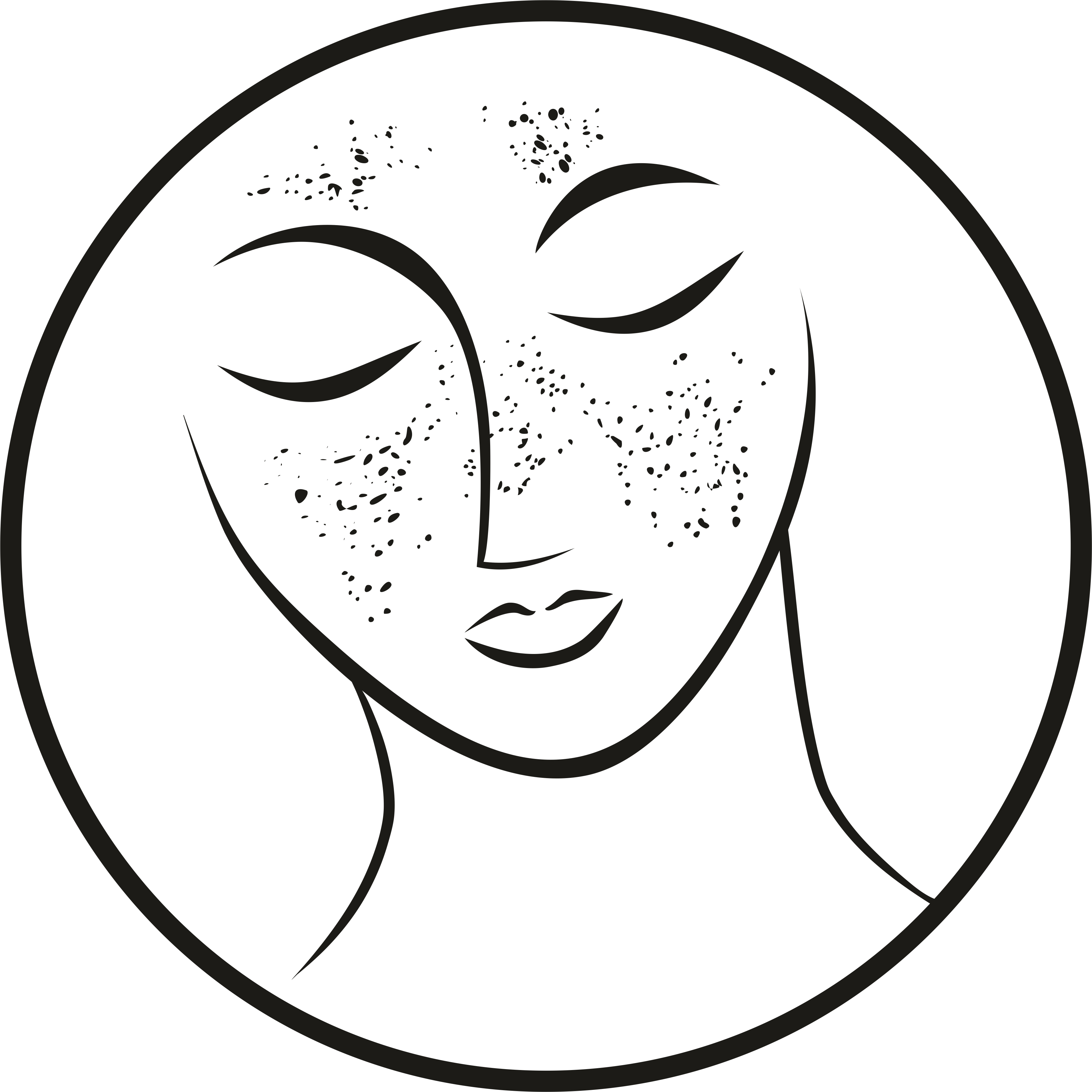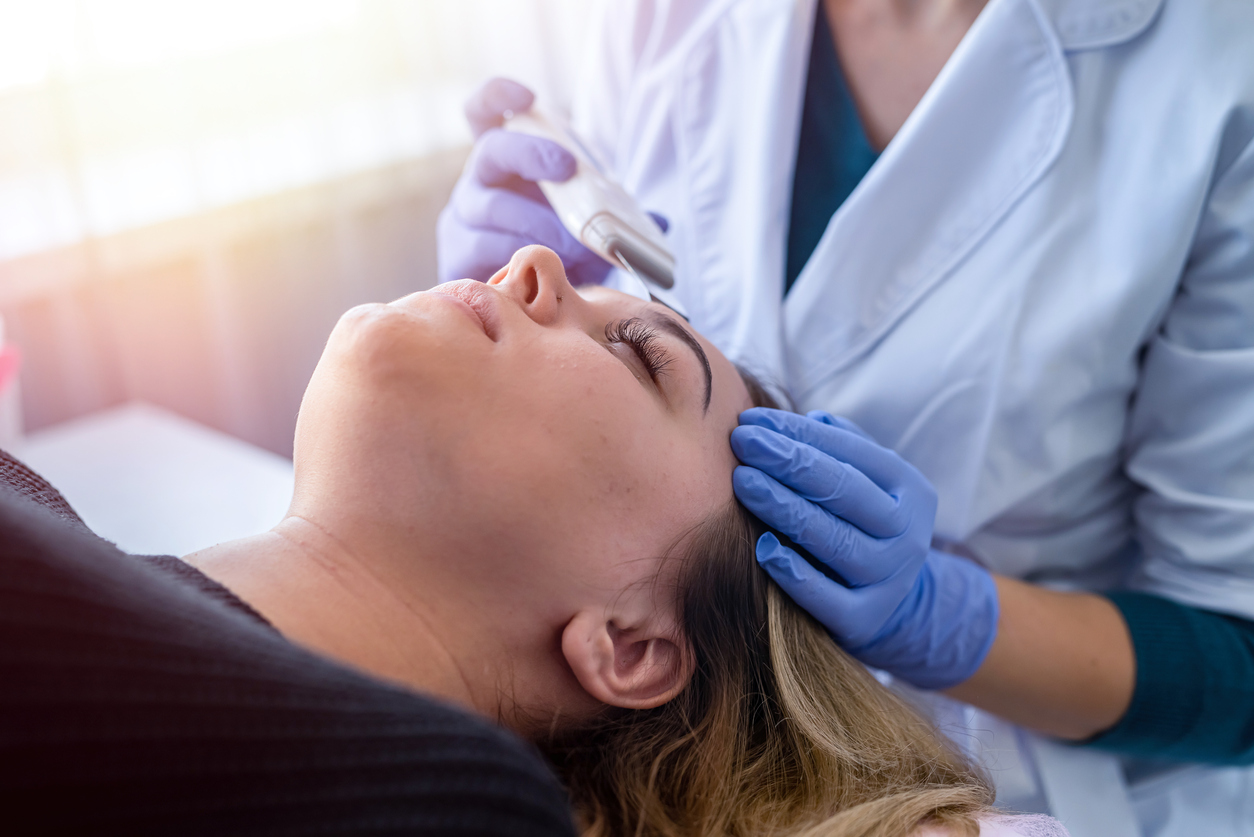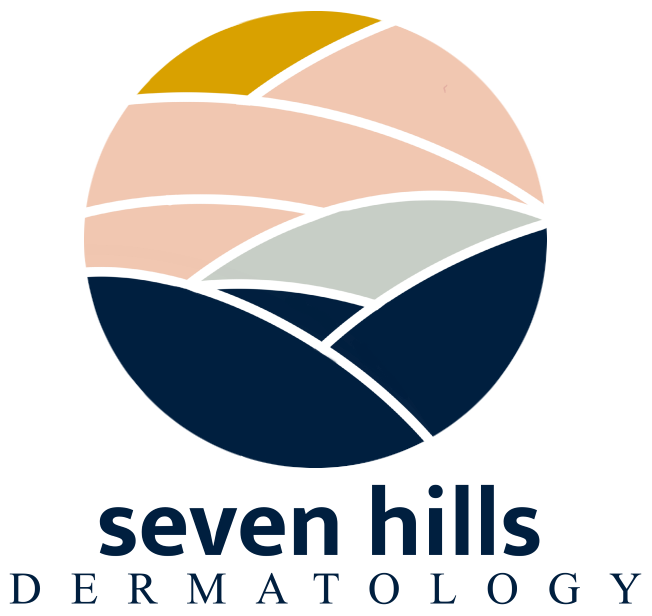Acne Care & Treatment
in Lynchburg, VA
Acne Care & Treatment
in Lynchburg, VA

Care for Your Acne
According to the American Academy of Dermatology, acne is the most common skin condition in the United States. Facial acne most frequently occurs in teenagers during puberty as hormone levels rise, causing the skin glands to produce more oil (sebum). However, acne conditions can continue into the early 20s and even return (especially in middle-aged women). Many people believe that acne is just pimples, but acne encompasses more skin blemishes than just pimples. People who have acne may also have:
- Blackheads
- Whiteheads
- Papules
- Cysts
- Nodules
Acne can also appear on other parts of the body including the back, chest, neck, shoulders and upper arms.
What Causes Acne?
Pores in skin get clogged with dead skin cells. When the body produces excess sebum, oil that keeps the skin from drying out, the dead skin cells can stick together inside the pore. The trapping of the dead skin cells within the pores is the catalyst for pimples and acne to occur. Comedonal acne is the kind of mild acne usually found on the forehead, nose and chin. This type of acne includes blackheads and whiteheads.
Another cause of acne is a bacteria that lives on the skin, called p. acnes, get clogged inside the pore. The clogged pore becomes the ideal environment for the bacteria to reproduce quickly, causing inflammation and redness. If the inflammation goes deep into the skin, an acne cyst or nodule will form. This type of acne is known as inflammatory acne.


What Increases the Risk of Acne?
Acne has a tendency to run in families, making you more likely to develop acne if your parents had severe acne. The risk of developing acne is the highest throughout the teenage years into young adulthood. Acne can be irritated or worsened by:
- Any items that are worn tightly against the skin, such as football protective equipment including helmets and headbands that trap sweat and moisture.
- Using skin products that may contain irritating substances can exacerbate acne conditions.
- Washing your face too often or scrubbing your face too hard. Using harsh soaps or hot water can also cause acne to get worse.
- Stress can cause acne to flare.
- Keeping your hands on your face or touching your face excessively can cause acne to worsen.
- Excessive sweating.
- If your hair becomes too oily, it can cause acne around the hairline or on the forehead. Any hair touching or hanging on your face can trigger acne as well.
An effective way to minimize the risk of acne is to establish and perform a regular skin care regimen that works for your skin type. Removing makeup before bed for young ladies is essential to achieving healthy skin.
How Can a Dermatologist Help?
If you feel you are having trouble getting your acne under control, enlisting the help of a dermatologist can get you back on the track to clear skin. A dermatologist will first examine your skin to accurately diagnose acne, as other skin conditions can mimic the symptoms of acne. The dermatologist will determine the grade of acne that you have, with Grade 1 being mild acne and Grade 4 being severe acne.
At Seven Hills Dermatology, Dr. Bohrnstedt specializes in the treatment of acne. There are many effective acne treatments to choose from, and Dr. Bohrnstedt will partner with you in determining which treatment plan will be the most effective for your skin type and condition. Keep in mind, no treatment (prescribed or over-the-counter) will work overnight. It will take roughly 4-8 weeks of routine care before the results begin to show.
Acne Treatment Options
Your dermatologist will evaluate the type of acne that you are experiencing and offer the most effective treatment options to bring it under control. Waiting for your acne to clear can be frustrating; however, being proactive and seeking dermatologic evaluation when over-the-counter treatments are not effective will help get you back on the path to normal, healthy skin again.
There are two main options for treating acne:
- Topical treatment applied directly to the skin
- Oral medication given to heal more serious acne cysts from the inside out.
In some cases, both topical and oral medications are used at the same time to combat the problem. The topical treatments can help kill the bacteria and reduce the oil production reducing acne breakouts. Your dermatologist may prescribe an oral antibiotic medication that is used to treat swollen, red acne cysts or nodules, the more severe form of acne.

